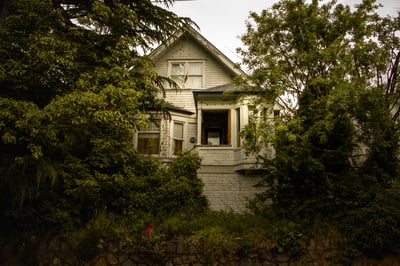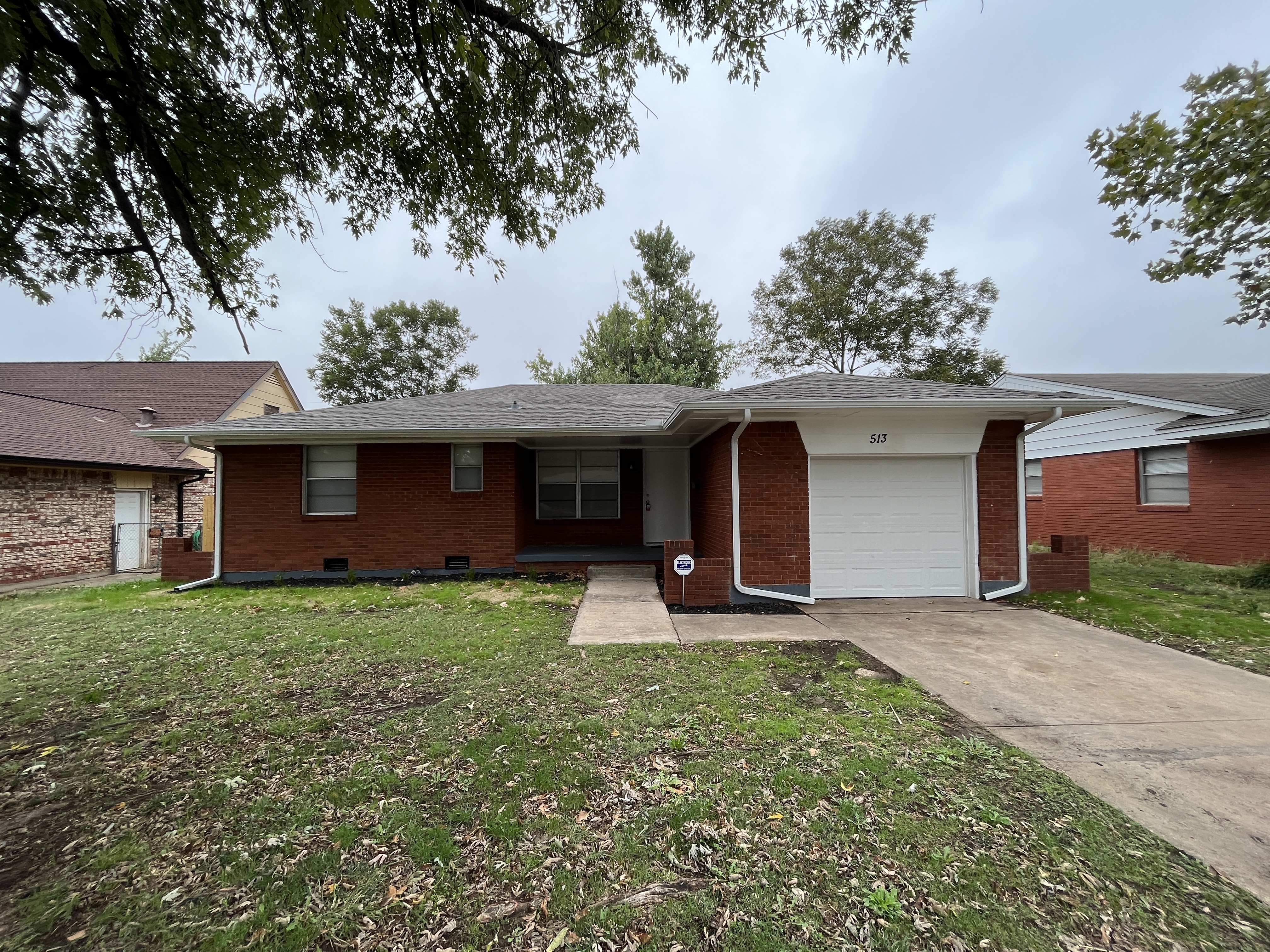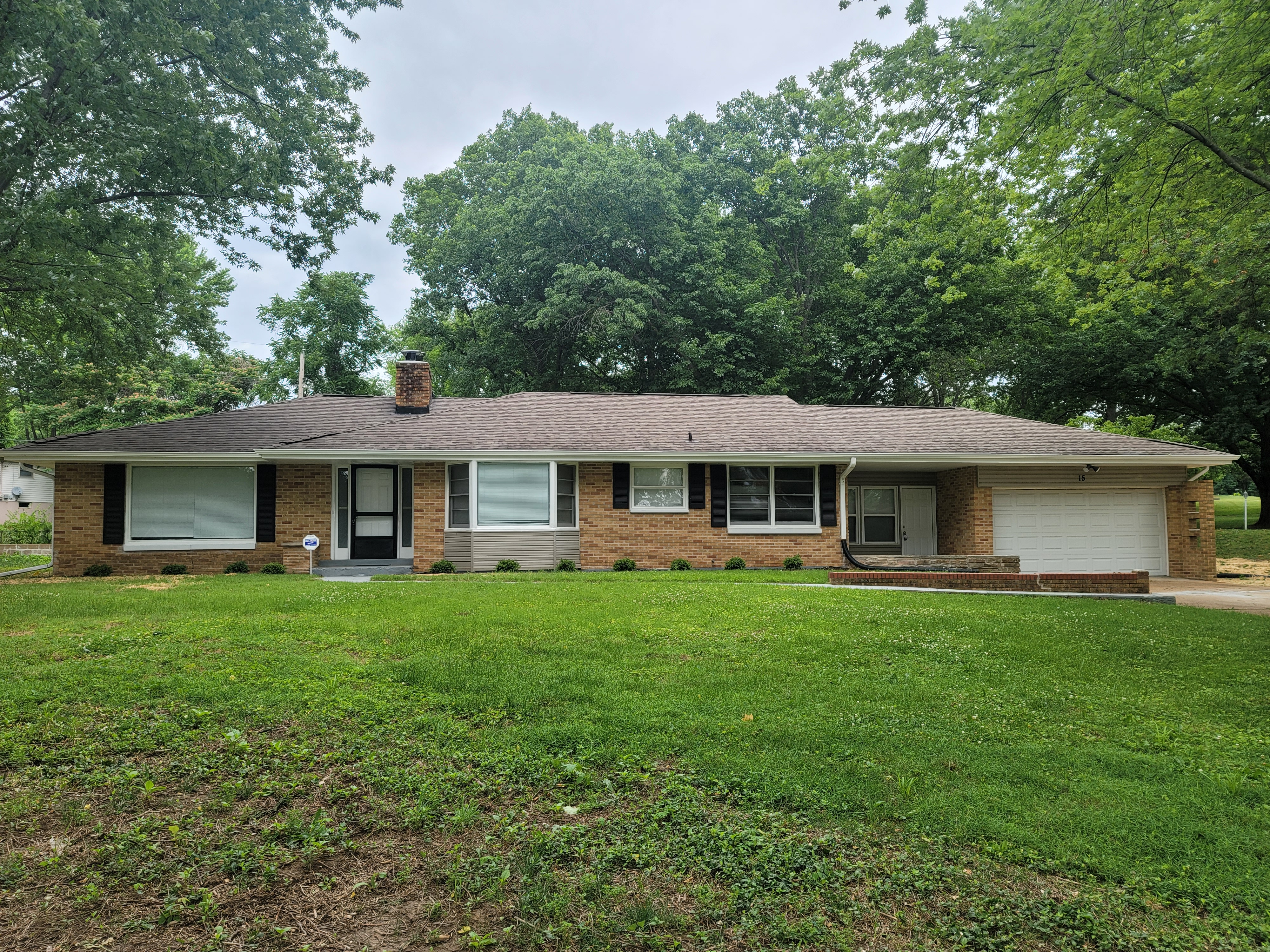 On the surface, buying cheap rental properties seems like a good idea. After all, you can afford several cheap rental properties at once versus one expensive property – and the sooner you can diversify, the better, right?
On the surface, buying cheap rental properties seems like a good idea. After all, you can afford several cheap rental properties at once versus one expensive property – and the sooner you can diversify, the better, right?
Not necessarily.
Here’s what we’ve learned about investing in cheap real estate over the years…and why we don’t buy it!
5 Reasons We Don’t Invest in Cheap Real Estate
Note: “Cheap” is relative. What is cheap or expensive to you may not be the same for another investor. When we refer to “cheap” real estate, it is in the context of the market the property is in.
#1 – Location Matters
It’s drilled into every real estate professional’s brain that location is the most important aspect of any property. While it’s possible to find a great deal on a property in a good location (likely due to foreclosure), it is not especially common. When we’re talking about “cheap properties” it’s not about the once-in-a-lifetime deals. It’s about whole areas with properties considered cheap for their markets.
These are often located in undesirable locations, either due to overall condition and risks, or proximity to less-than-attractive features, like industrial buildings, railroads, airports, and highways. It may also mean an inconvenient distance from basic amenities.
Because every real estate investor wants to a) retain residents and reduce turnover and b) have a solid exit strategy, you want to buy properties that help rather than hinder those ambitions.
If your residents live with busy streets, sirens, and trains, they’re not likely to put up with it for long.
#2 – Mo’ Money for Mo’ Problems
Houses are cheap for a variety of reasons. Some of those reasons are immediately obvious and others are not. You’re likely to find a property is cheap because the condition is worse for wear or corners were cut in its construction or renovation. While rental properties don’t need all the bells and whistles, solid infrastructure, finishes, and materials are essential. You want this property to last and need minimal repairs, especially in the first few years.
A cheap property might seem like a deal, but you could wind up blowing your budget on necessary renovations and an increased number of ongoing repairs.
#3 – Appreciation
While cash flow plays a significant role in wealth-building, real estate comes with a variety of benefits. Among them are appreciation and growing equity. Cheaper properties demand less upfront capital, and you can maximize your equity relatively quickly simply due to reduced financing burdens. However, the appreciation potential – unless you scored a deal in a great location – is likely lacking.
Consider the national appreciation rate. Over the summer, Millionacres highlighted that national average home appreciation rate of 14.5%. For perspective, it was just 4% in 2019.
If you bought a $100,000 property, that means over the course of 2021, it would increase in value (outside of forced appreciation) by $14,500. Simple math tells us that the higher valued a property, the greater the appreciation. A $200,000 property would have appreciated by $29,000 in the same period.
While you may be able to force appreciation through renovations, you’re limited with a cheap property. It’s never wise to push your property’s value too far beyond that of surrounding properties.
#4 – Resale Potential
The most common exit strategy for SFRs is to sell the property, either to traditional homebuyers or other investors. A cheap property can hurt its resale potential, depending on why it was so cheap. Any detriments outside of your control can impact your potential listing prices.
How many times have you looked at a property listing and said, “wow, it’s so affordable!” followed by a suspicious, “what’s wrong with it?”
You’re going to find better returns – and less skepticism – when targeting more averagely priced properties in your market.
#5 – Management Woes
While “low income” should never be automatically equated with “bad residents,” a cheaper property is going to have smaller rental income potential. These lower rates tend to appeal most to lower-income residents, who are often financially unstable and living paycheck-to-paycheck.
This means you may experience increased inconsistencies with on-time payments and struggle with resident retention overall. Additionally, your property management team is going to have to work that much harder to stay on top of things – whether its collecting rent or performing repairs.
The Bottom Line
At the end of the day, cheap properties aren’t worth the headaches that come with them. If you want to be a passive real estate investor, you must do everything in your power to ensure your property runs smoothly with minimal problems along the way. You want to minimize ongoing costs and unexpected surprises.
You do this not by buying multiple cheap properties, but by saving up for quality properties and investing in quality management and maintenance services!
Great properties and turnkey services are worth the cost of admission. Just ask thousands of successful REI Nation investors!












